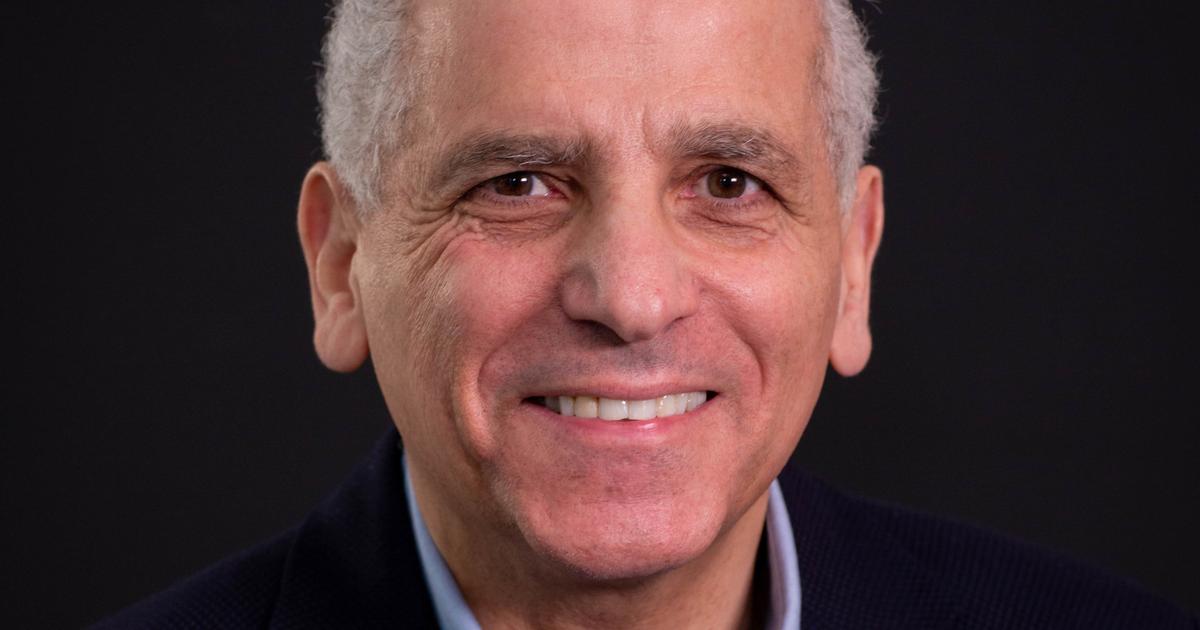For company owners, insolvency is the biggest accident that can be assumed, a business worst-case scenario.
Legal expert Axel W. Bierbach is certain that bankruptcy can also be an opportunity.
We spoke to the insolvency administrator about bankruptcies in the Corona crisis and a change in the law that should give crisis-ridden companies more leeway.
The big wave of insolvencies has not yet materialized.
Are companies getting through the crisis better than expected?
It's hard to say: The state has intervened massively, for example with KfW loans, short-time work benefits and emergency aid.
Without these support measures, we would have seen a massive wave of bankruptcies.
And there was a pandemic-related suspension of the obligation to file for bankruptcy.
How did this work?
In the event of over-indebtedness or insolvency, the management is usually obliged to file for bankruptcy.
This is to protect the creditors.
Due to the Corona crisis, the legislature temporarily suspended this obligation in March.
Until the end of September, companies did not have to file for bankruptcy in the event of insolvency.
And in the event of a crisis-related over-indebtedness, the obligation to file for bankruptcy is suspended until the end of January.
A company is over-indebted if the company's assets no longer cover its liabilities and the liquidity for continuation is not secured.
A good idea?
At least understandable.
The fact that the obligation to submit an application is suspended does not mean that the companies are suddenly fine.
In spite of government support and the suspension of the application requirement, many companies can no longer find a green branch.
Do you know such cases from your everyday work?
Yes.
For example, I had a travel agency specializing in cruises that went bankrupt this year.
They saw very quickly: Climbing through the crisis no longer makes sense.
It was clear to them: Business won't come back anytime soon, we have to restructure.
What does that mean in concrete terms?
Ten people once worked in the travel agency, now there are only two.
In addition, the company now needs less office space and thus saves rent.
The advantage of a renovation: The entire customer base of the travel agency and the specialist knowledge of the tourism experts are not lost.
Business can go on, albeit on a smaller scale.
The restructuring did not cause any great damage even for the creditors.
I'm only sorry for the employees, of course it's tough for them.
Nevertheless, there was no alternative to the step.
Because I also know companies that want to avoid bankruptcy at all costs and are now dragging the problems into the future.
These are the companies that are currently being referred to as zombie companies, even if I don't like the term.
Do companies have to pull the emergency brake themselves?
This is often the better option.
RBH in Munich was a case in point.
They did that because of Corona.
What kind of company is that?
RBH is a cleaning company that is divided into two business areas: On the one hand, they clean hotels, where they were paid per room cleaned - in the lockdown, of course, sales were completely lost.
The second division was hit even worse: RBH was also responsible for cleaning 52 branches of Galeria Karstadt Kaufhof.
After the department store chain went bankrupt, the cleaning company was hit too.
The employees had to continue to be paid, but the entire turnover suddenly fell away.
Even if you tried to make up for the loss, it would take years or even decades - because profit margins in the cleaning industry are extremely low.
How did the company proceed?
They did the same thing as Galeria Karstadt Kaufhof: bankruptcy in self-administration, so the famous protective shield proceedings.
The company can excuse itself without having to hand over management to an insolvency administrator.
After the successful restructuring, RBH can now start again with all 720 employees.
Do the owners of the companies see this as positively as you do?
After all, in the event of bankruptcy, part of their assets are gone.
That's true, of course, but the company is in trouble one way or another.
With the renovation there is a chance of a new start.
But many entrepreneurs often have a completely different problem: A bankruptcy is often viewed as a personal failure.
In the Corona crisis, many companies got into difficulties through no fault of their own - and that has nothing to do with personal failure.
Many entrepreneurs still have to learn that.
It sounds as if there are actually enough restructuring instruments in German insolvency law.
Nevertheless, new legal regulations have been in force since January.
Why?
Interestingly, the changes have nothing to do with the Corona crisis, they are based on a directive of the EU Commission.
Their idea was to make restructuring easy and inexpensive, even without bankruptcy, in order to stabilize the financial market.
Because, unlike in Germany, there are no particularly restructuring-friendly insolvency laws in many EU countries.
But there are also changes in Germany.
What's new?
Companies can now act at an earlier stage in the event of imminent insolvency and agree on a settlement with creditors outside of bankruptcy proceedings.
It is also possible that creditors can be overruled by the majority of creditors in the event of over-indebtedness.
Because of the Corona crisis, the legislature has now implemented this legislative proposal faster than planned.
So is the law coming at the right time?
One can at least hope so, since we will see high levels of over-indebtedness after the crisis, and many companies now have additional KfW loans to shoulder.
However, we administrators believe that there will be problems in one area, and that in small and medium-sized businesses.
The new rules are too complex for a travel agency, restaurant or event company.
Such companies do not have a legal department.
Because with the new rules something else will change: The traditional protective shield procedure has higher requirements.
Does that mean that refurbishment is no longer that easy for small businesses?
At least in the long term, that could be the case.
Fortunately, politics finally introduced a transition period.
Therefore, the protective shield procedure will still be applicable in its old form in 2021.
And the big bankruptcy wave is still coming?
As a citizen, I hope that it won't.
But turning a blind eye to it doesn't help either.
If insolvency threatens, the motto for companies is: Better to act sooner than too late.
It's like a serious illness: the sooner you see a doctor, the better he can help you.
Interview: Sebastian Hölzle








